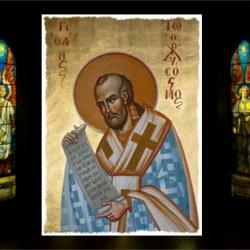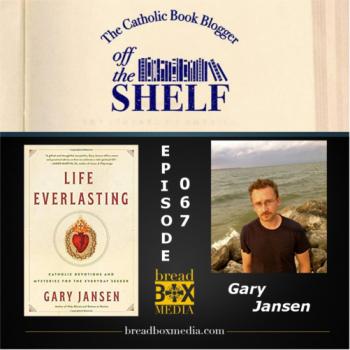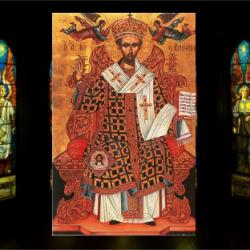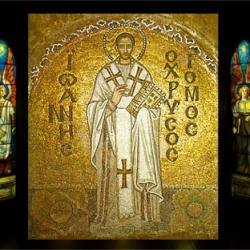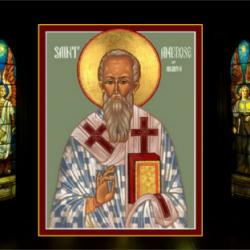Weeping for our sins is the route to joy, says St. John Chrysostom. Real remorse and confession cleanse the soul, and God rewards our tears with peace. Much as after a violent burst of rain there is a clear open sky, so when tears are powering down, a calm follows, and peace, and the darkness that goes with our sins completely disappears. And as we were cleansed by water and the Spirit, so by tears and confession we are cleansed... Read more

